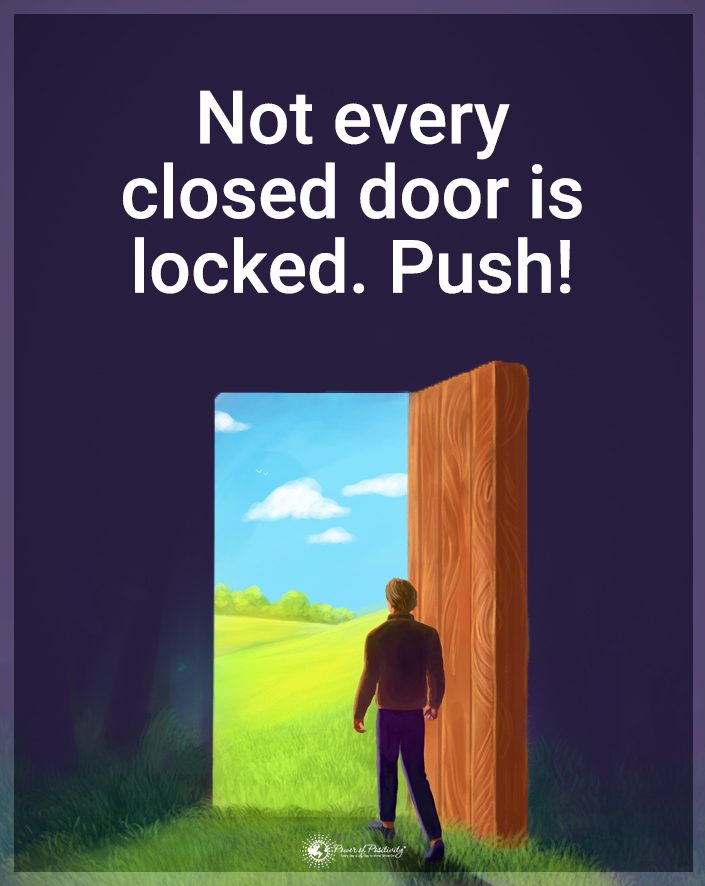You can either apologize or exhibit defensive behavior when someone gets upset with you. Becoming defensive will sometimes happen because no one is perfect, but a lack of accountability can too often ruin your relationship.
Discussions or arguments might turn into you feeling defensive and growing angrier. You might have trouble voicing your thoughts to your partner or getting them to be open with you.
Your partner might tell you that you’re getting defensive, or you may realize it yourself. Either way, if you recognize that you show defensive behavior toward your partner, you can learn how to handle impulses.
You can’t learn to overcome defensive behavior if you don’t understand why it ruins relationships. Understanding allows you to strengthen your relationship and develop a deeper connection with your partner.
A Few Facts About Defensive Behavior

We’ve all gotten defensive after hearing a complaint or pointed question from our partner. You might think they’re questioning your character or accusing you of something. Becoming overprotective of yourself in these moments can indicate defensive behavior.
You might want to explain why what your partner says is incorrect. It leads to anger and defensiveness about what your partner wants to discuss. Defending your point of view or opinion might be your priority, but it’s not usually warranted. Moreover, it points to a lack of accountability for your role in a disagreement.
Your partner often wants to understand you or why you did something. They often say things for clarity, not to attack you or give unwarranted criticism. Understanding one another is key to bonding and developing a healthy relationship.
Defensive behavior involves shifting responsibility and focusing on the bad rather than dealing with the situation. You might say negative things to ease insecurities or minimize mistakes.
Your partner wants you to work to improve your relationship, so getting defensive can be problematic. Sometimes defensive behavior occurs when you think your partner will say you did something wrong. You might focus on the negatives of those around you to deflect what your partner wants to say.
Defensive behavior may manifest as blaming your partner or someone else. You may not take responsibility or admit your contribution to the situation. This behavior may also appear as criticism, trying to hurt your partner and deflect attention.
Another type of defensive behavior is justification. Justifying your actions helps you avoid confrontation and displace responsibility.
It’s not always easy to confront our mistakes, and you might exhibit controlling or manipulating behavior to defend yourself. This behavior is often a way to protect yourself from insecurities or defend your ego. You might shift the narrative and make your partner feel like they are the problem rather than looking for a beneficial solution.
Why Defensive Behavior Ruins Relationships
Here are some ways a lack of accountability could hinder progress in your relationship.
Defensive Behavior Prevents Growth
When you feel insecure or uncomfortable, you might start making excuses. Excuses are a way to get out of things or ignore a problem. However, they prevent you from addressing the issue and don’t allow your relationship to grow.
Without growth, you can’t create a fulfilling life or healthy relationship. It leaves you stuck in hardship rather than finding positive ways through it. Growth and change are essential in relationships, but defensiveness doesn’t allow it.
Doesn’t Allow for Communication
One of the reasons defensive behavior ruins relationships is that it doesn’t leave much room for listening. It builds barriers between you and your partner, and you won’t see their point of view or understand their needs.
This behavior doesn’t leave room for growth in your relationship because you’ll never hear what could improve your connection. That lack of accountability is a sign that you’re protecting your ego rather than working toward a healthy relationship.
Doesn’t Allow for Listening
For a healthy relationship, both partners must listen to one another. Even if you don’t like what your partner says, listening is essential if you want to move forward. Listening to your partner helps you tune into their emotions and needs.
When you can’t listen, it’ll cause you to drift away from your partner. You might have negative feelings that interfere with your thought process, but pushing through those feelings is essential. Listening to your partner means more than you might realize, even if you don’t want to hear it.
You might be so fixated on proving how you’re right, but it’s not always worthwhile. Sometimes you’ll want to remain silent while your partner voices their concerns because you disagree with their opinion. Either way, it can be detrimental to your relationship because your partner might feel you don’t care.
Try giving your full attention to your partner rather than focusing on your defensive behavior. It can help you listen to their concerns and thoughts before it creates a barrier between you.
Defensive Behavior Interferes With Building a Connection
When you don’t listen or can’t discuss issues within your relationship, it prevents a connection. Your partner might agree with what you say to avoid your defensive behavior. They won’t always want to get into an argument when they say something, so they might choose to stay silent instead.
Your partner might also get defensive if you behave that way. They will feel the lack of connection and how you aren’t putting in an effort in your relationship. It can lead to detrimental behavior from both of you.
Anytime your partner attempts to develop a closer relationship, you might defend and deflect your actions. It prevents you from becoming close to your partner, interfering with bonding and reconciliation. Your partner might push you away because they become uncomfortable with your reactions, further preventing healthy communication.
It Can Make You Appear Smug
When you get defensive and feel like you always need to be right, it can make you appear smug. While you want to prove yourself right, it can lead to unhealthy feelings. Constantly protecting your ego indicates unconscious beliefs and feelings that you’re not good enough.
No matter how you feel about a situation, there’s more than one right opinion. When you refuse to see your partner’s perspective, it makes you appear condescending.
Deflecting Accountability Interferes With Growth
When you exhibit defensive behavior, it interferes with relationship growth. You can’t develop with your partner when one of you is always trying to be right.
Everyone makes mistakes, and refusing to admit yours doesn’t allow development. Strive to overcome issues and move forward without starting an argument as you try to protect your ego.

Defensive Behavior Causes a Victim Mentality
When you frequently get defensive, it indicates that you’re portraying a victim mentality. Having this mentality makes you act powerless to what happens to you. It prevents you from making decisions for and improving your life.
You always have choices, and it’s up to you to take responsibility for your life. Recognizing that you have options and don’t have to stay in a bad situation can help you stop expressing defensive behavior.
A Lack of Accountability Can Make You Lonely
Frequently getting defensive can lead to breaking up. Your partner might decide the behavior and lack of growth are too much for them. It can also happen in friendships and family relationships, eventually making you feel alone.
Losing Self-Respect and Sense of Identity
Defensive behavior is often a habit, not something you want to do. You might want to stop behaving that way or feeling bad about it later. If you don’t find ways to stop, it can cause you to lose respect for yourself because you’re not acting the way you want to.
You might also lose your sense of identity through defensive behavior. It can cause you to see yourself as the person you want to be and the one who has defensive habits.
Can Lead to Poor Parenting
If you and your partner want a family together, defensive behavior can make it difficult. Parenting requires releasing your insecurities and focusing on growing and changing together. Continuing the behavior after becoming a parent can interfere with your ability to find fulfillment and give your child the best version of you.
How to Stop Exhibiting Defensive Behavior
If you have a habit of getting defensive, it doesn’t have to be that way. You can learn to let go of defensiveness so your relationships can grow and thrive.
Validate Their Perspective
Understand that listening to your partner and validating their feelings doesn’t mean you agree. Rather than trying to defend yourself, let your partner know that you understand and hear them. It helps build a connection and diffuse the situation while encouraging a beneficial discussion.
Acknowledge and Take Responsibility for the Behavior
If you acknowledge your defensive behavior when it occurs, your partner will recognize that you’re trying to overcome the issue. Practicing accountability can help you shift your mindset and approach conversation positively.
Focus on the Present
When you get defensive, it’s easy to start thinking about the past and bringing up irrelevant situations. Focusing on the present can help alleviate defensiveness because it allows you to focus on the current issue.
Final Thoughts on Counselors Explain Why Defensive Behavior Ruins Relationships
Defensive behavior can interfere with your relationships, making it hard to grow and connect with the people who mean the most to you. You might want to protect your ego and appear superior, but this lack of accountability doesn’t benefit your relationship.
Understanding why defensive behavior ruins relationships is essential to overcoming it. You’ll be more mindful of easing the habit when you know the harm it can do.






















